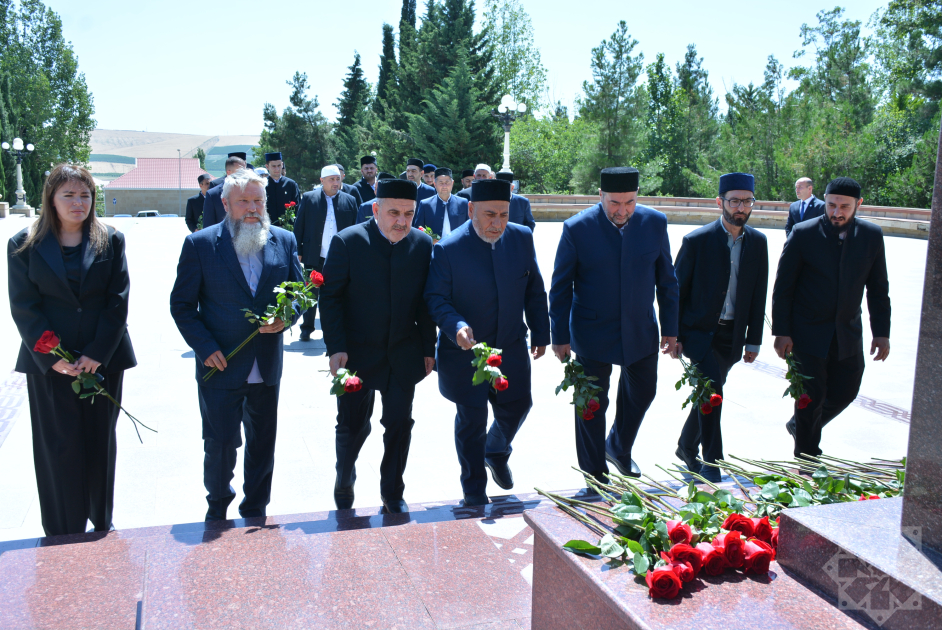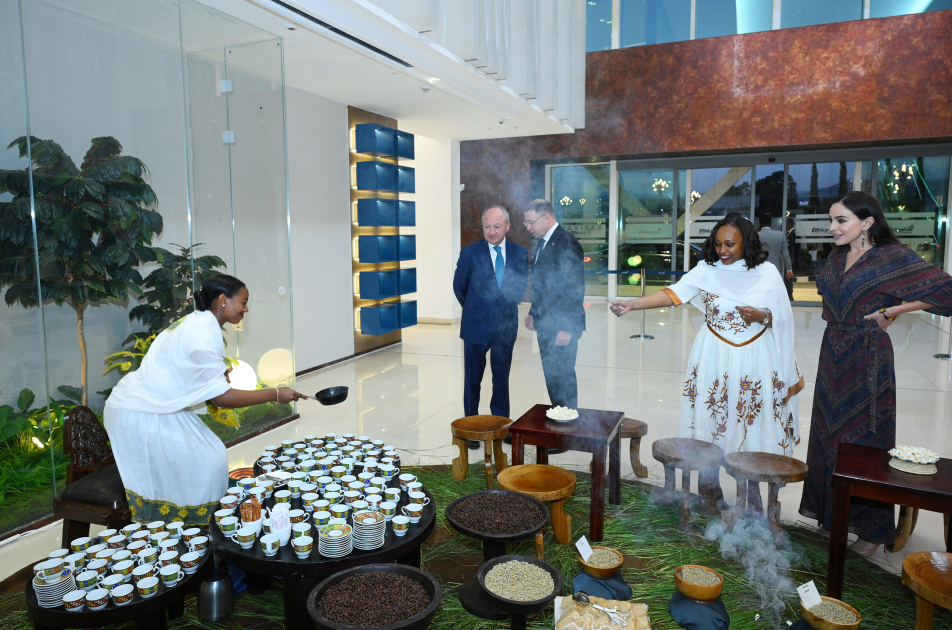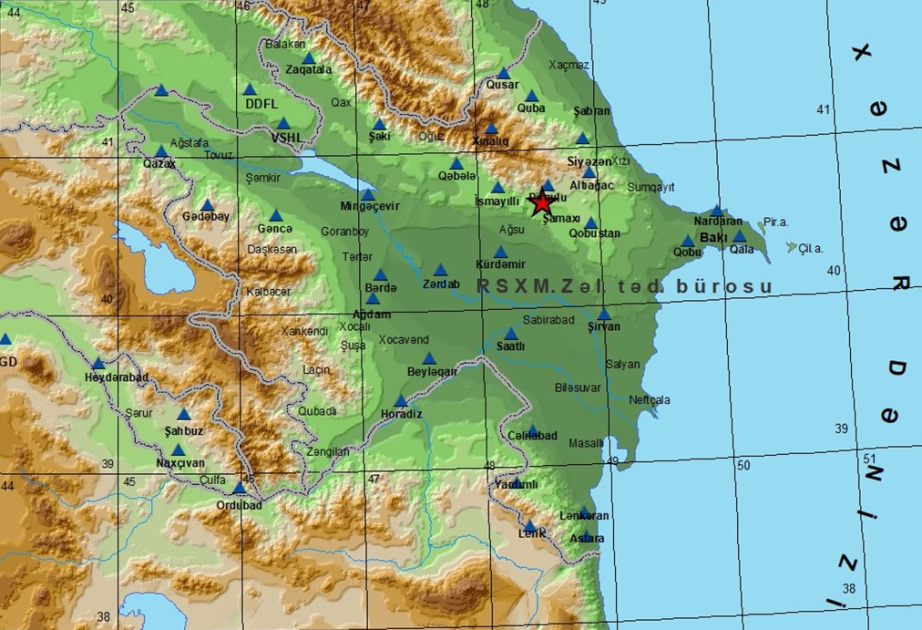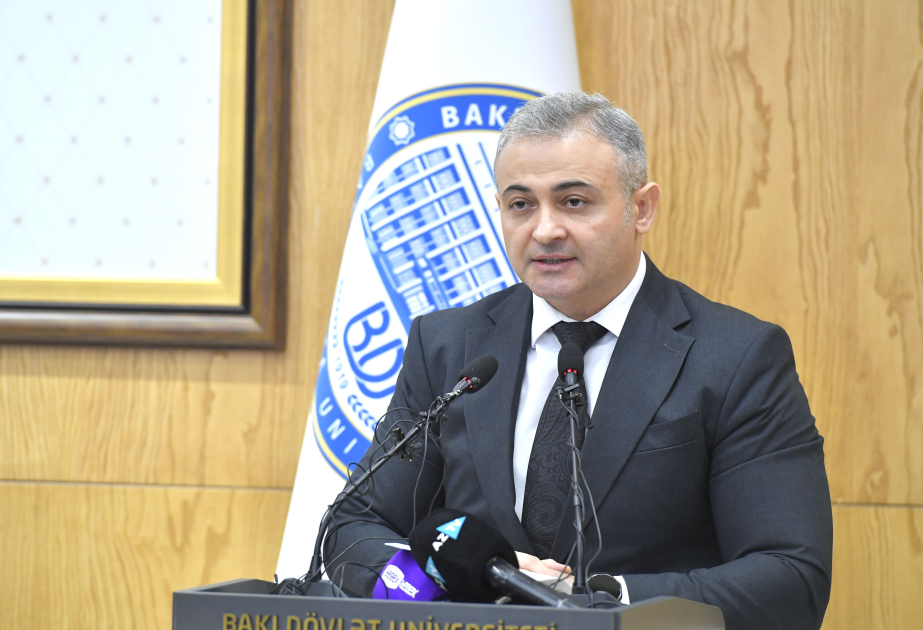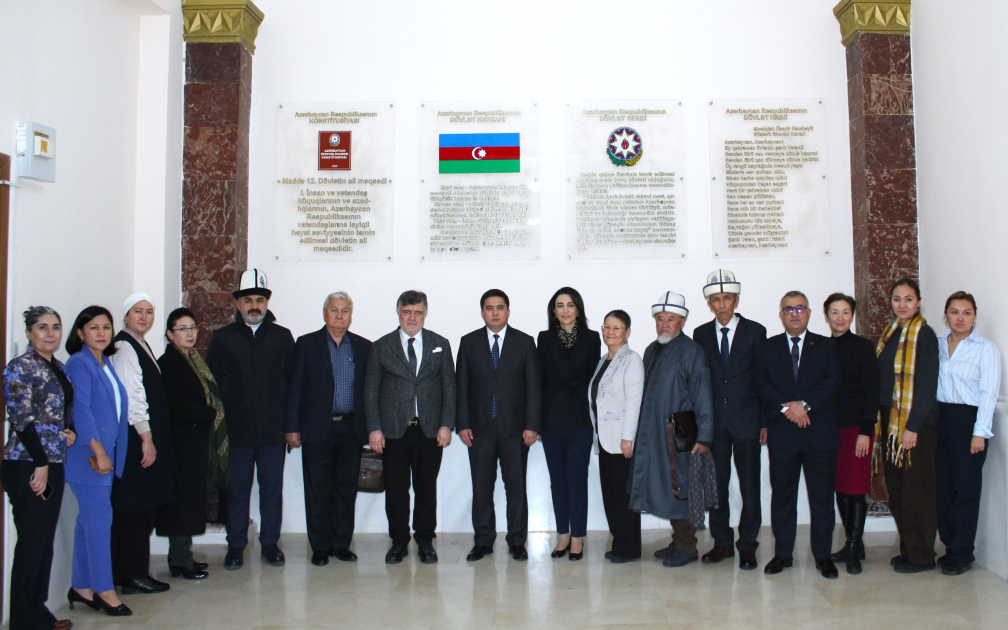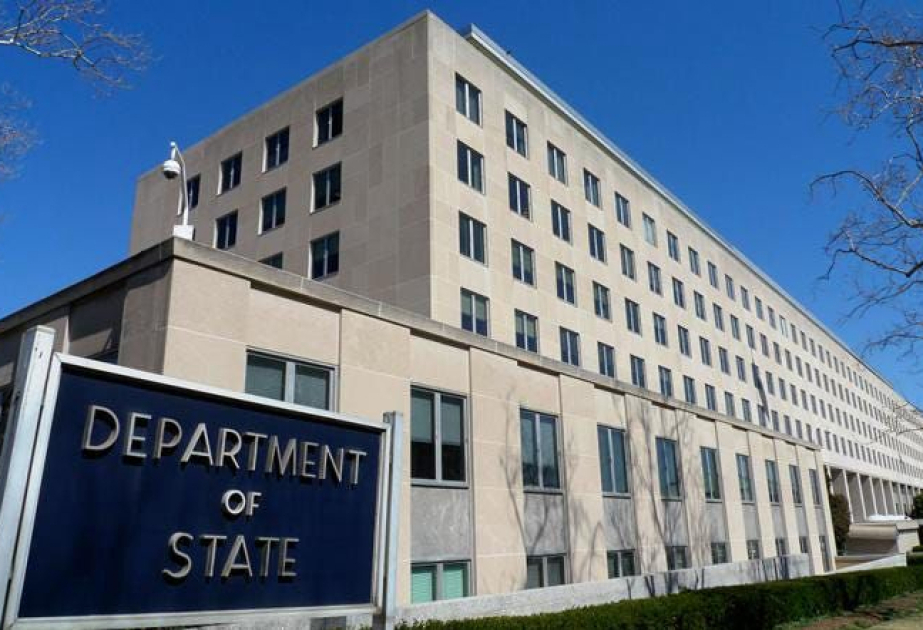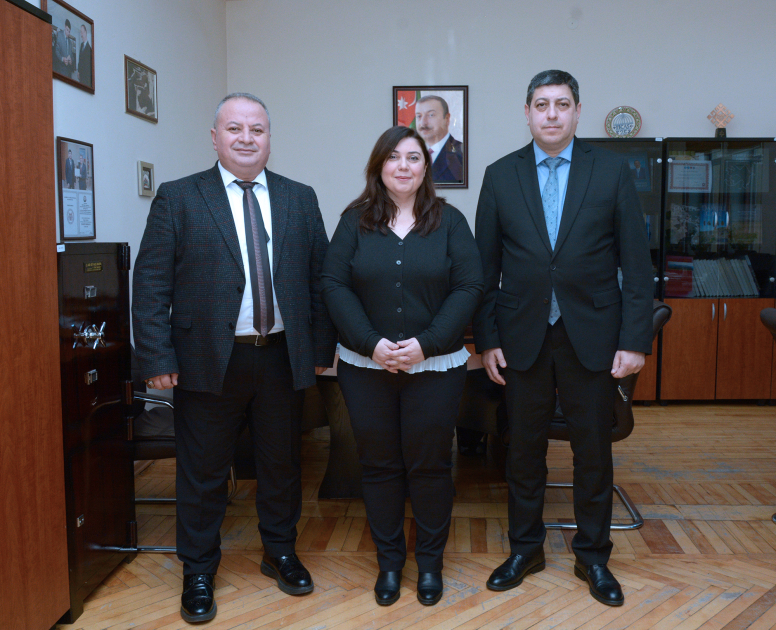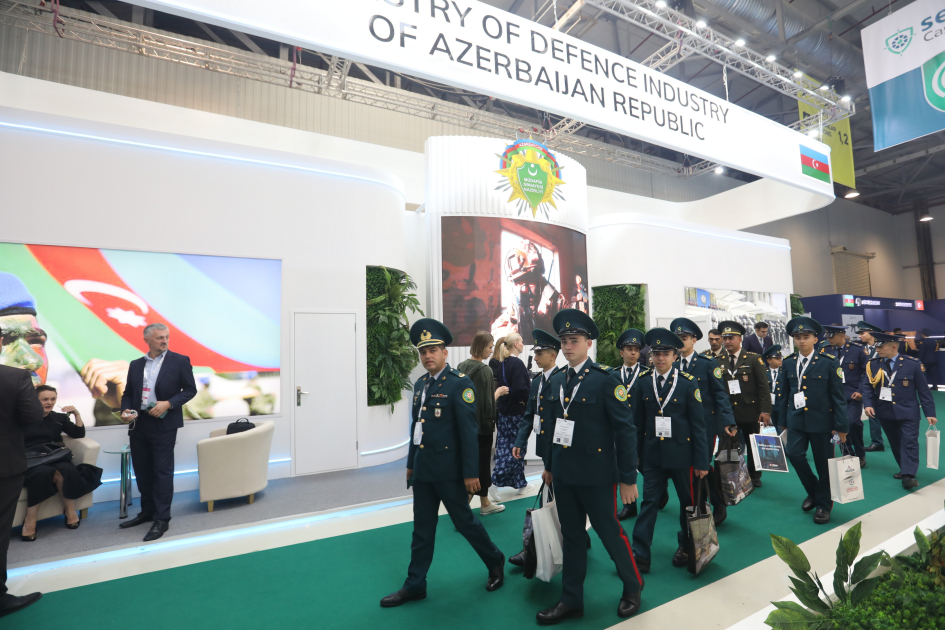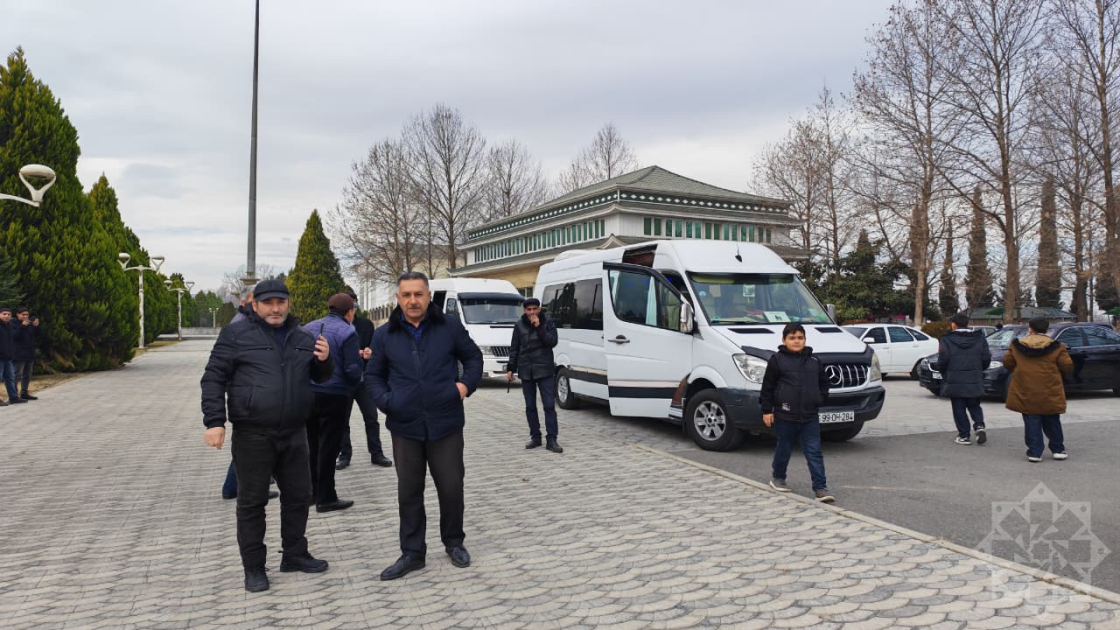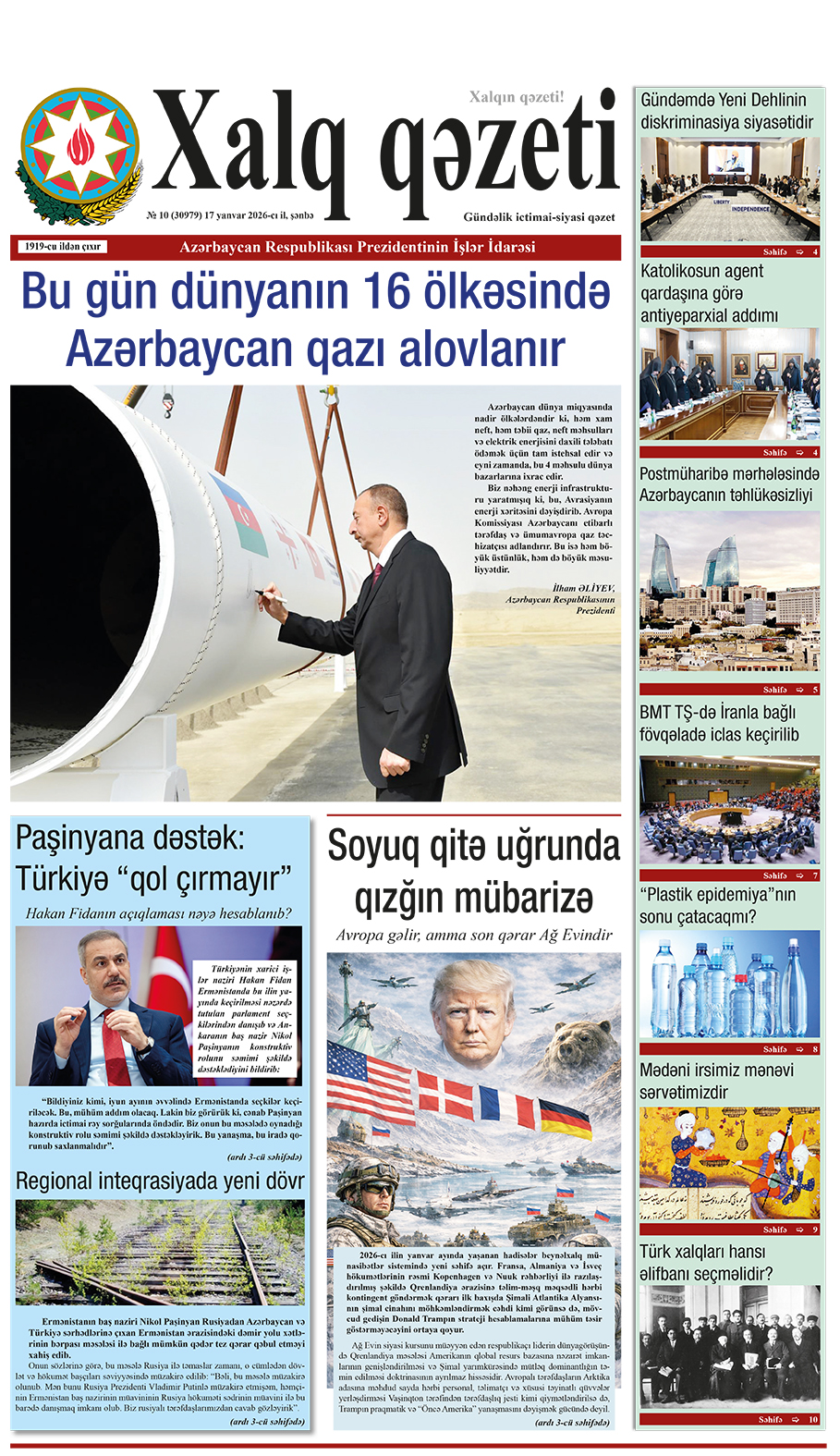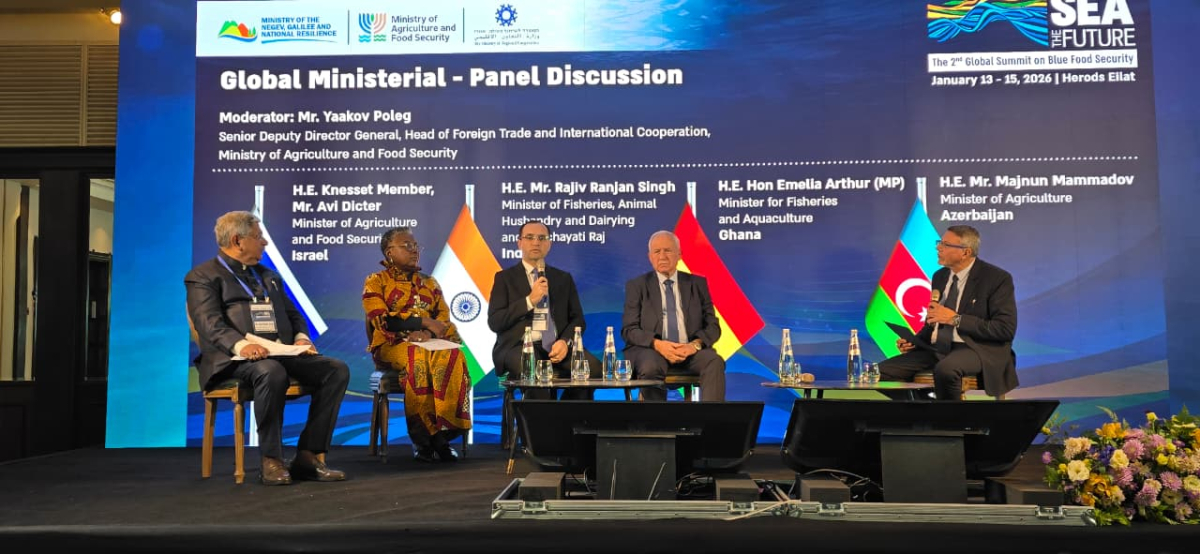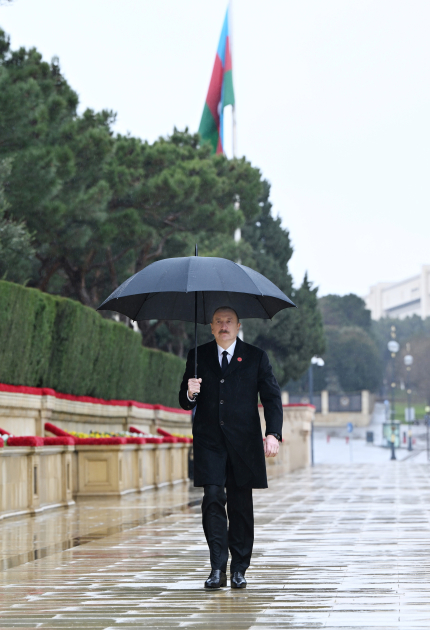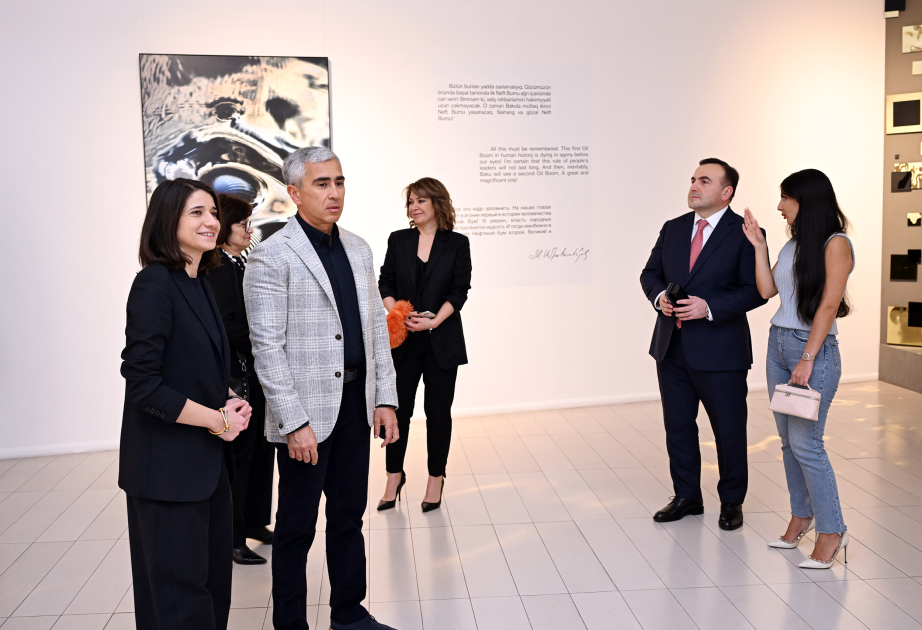On July 15, a conference titled “Modern Information Space and Freedom of Religious Belief” was held in Shamakhi, co-organized by the State Committee on Work with Religious Institutions and the Media Development Agency.
According to AZERTAC’s regional correspondent, the event began with participants laying flowers at the monument to National Leader Heydar Aliyev in Shamakhi, paying tribute to his memory.
The conference opened with remarks by Tahir Mammadov, Head of the Shamakhi District Executive Authority, who highlighted the special attention given to Shamakhi’s development by President Ilham Aliyev and First Vice-President Mehriban Aliyeva. Mammadov noted the significant steps taken to study and revive the district’s historical heritage and philosophical schools. He emphasized that Azerbaijan promotes a tolerant society where diverse religious communities coexist harmoniously and that the country’s recent efforts reflect a model of humanism.
Ramin Mammadov, Chairman of the State Committee on Work with Religious Institutions, congratulated media representatives on National Press Day. He emphasized that National Leader Heydar Aliyev viewed the national press as an essential tool for public enlightenment and shaping opinion. Under President Ilham Aliyev’s leadership, institutional reforms in the field of media have been particularly impactful.
Mammadov stressed that modern media plays a vital role beyond disseminating information - it also fosters civic responsibility and safeguards national and spiritual values. He addressed the ideological threats Azerbaijan faces in the religious sphere, particularly through social media, where misinformation, distorted religious narratives, and sectarian incitement are spread. While the rapid development of technologies - especially artificial intelligence - offers new opportunities, it also introduces new risks. Mammadov noted that although religion promotes moral and philosophical ideals, it is sometimes misused as an ideological weapon by certain groups or states.
He underscored the strong but often unseen connection between religion’s spiritual influence and the media’s informational impact. Each plays a critical role in shaping societal ethics and values, and together, they amplify their influence on public opinion and social progress.
Rashad Majid, Chairman of the Azerbaijan Press Council, emphasized the need for cooperation between media and religious institutions built on mutual trust. He said such events foster public dialogue and reinforce religious tolerance. Majid also noted that the Azerbaijani press has long aimed to combat ignorance and superstition - a mission journalists continue to uphold today.
Member of Parliament Tamam Jafarova highlighted the media’s educational role over the past 150 years. She praised journalists’ efforts during the 44-day Patriotic War, noting their courage in countering disinformation. She said the Azerbaijani press is internationally competitive and well-positioned to meet new challenges. Jafarova warned of emerging threats in the religious sphere in the post-victory period and encouraged the media to promote enlightenment and for journalists to specialize in religious reporting.
Vugar Aliyev, Chairman of the Board of AZERTAC, noted the rapid development of social media alongside traditional media in the modern information space. Unlike traditional media, social media facilitates the spread of inaccurate or deliberately misleading information, raising concerns about information security in every country. In the realm of religious freedom, such information can be distorted or intentionally manipulated, affecting society’s value systems and the beliefs of young people. Therefore, presenting religious topics professionally, accurately, and responsibly is a key task for information institutions. The role of the media extends beyond disseminating information to promoting enlightenment, national and spiritual values, and religious tolerance.
The conference continued with panel sessions on “Religion–Media Relations: New Goals and Challenges” and “Freedom of Religious Expression and Freedom of Speech.”
In his closing remarks, Ramin Mammadov expressed gratitude to state officials and media representatives for their active participation.
Certificates of appreciation were presented to media outlets, including AZERTAC, for their professional approach and effective cooperation in covering issues related to state-religion relations.
A media tour to religious sites in Shamakhi is scheduled for conference participants on July 16.
x x x
A conference titled “Modern Information Space and Freedom of Religious Belief,” co-organized by the State Committee on Work with Religious Institutions and the Media Development Agency, has begun in Shamakhi.
AZERTAC’s regional correspondent reports that the event, held in connection with the 150th anniversary of Azerbaijan’s National Press, brought together leadership from the State Committee, the Media Development Agency, the Shamakhi District Executive Authority, members of the Milli Majlis, media representatives, and religious leaders.
Conference participants first visited the monument to National Leader Heydar Aliyev at the Heydar Aliyev Park in Shamakhi, paying tribute and laying flowers in his honor.
The conference will address the protection of freedom of religious belief in today’s digital information space, as well as the implementation of relevant legislation. Discussions will also focus on enhancing the effectiveness of religious education and shaping a healthy religious outlook in society by leveraging digital media tools. The program also includes a media tour of religious sites located in Shamakhi.


